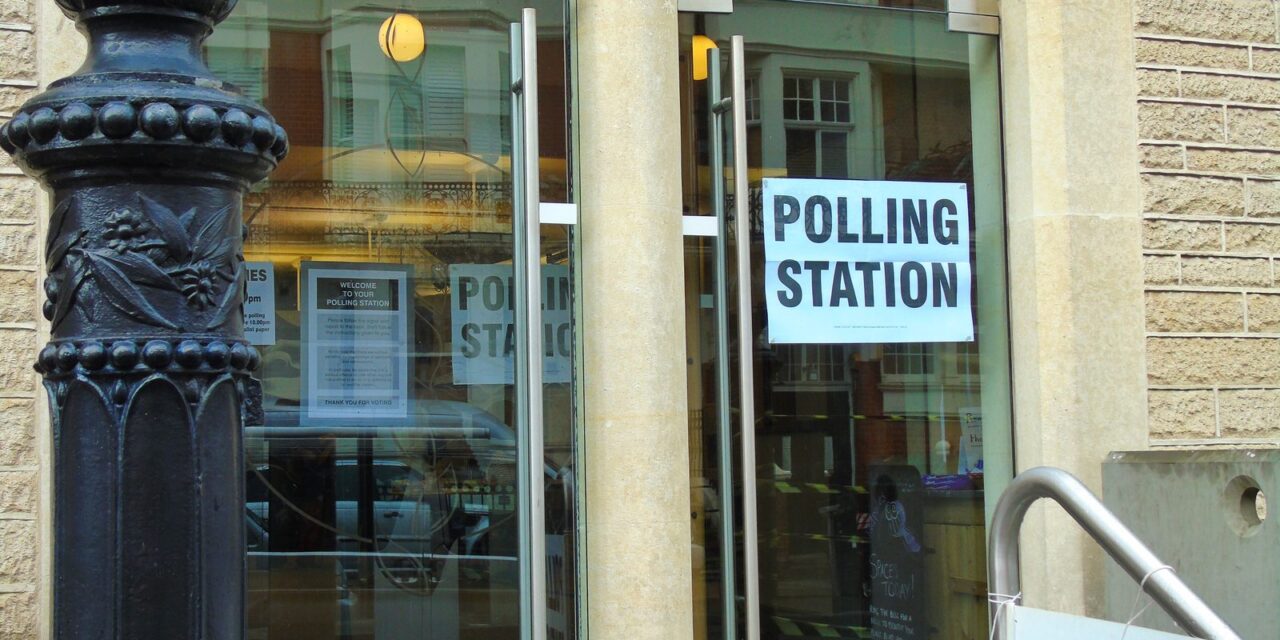I’m glad that David Atkins had the energy to rebut this embarrassingly stupid piece in The Hill this morning. Putting articles together that explain Electoral College math and scenarios is time-consuming and the reward often does not feel like it matches the effort. I’m much happier to keep my free time before Finn’s soccer match and just crib off David.
When I first saw the headline (“Clinton has inevitability, but Bush has the Electoral College”), I though that Eric Ham had come up with a clever angle. While Clinton can plausibly argue that she’s going to be the inevitable nominee and intimidate would-be opponents and their would-be political and financial backers, Jeb Bush can plausibly argue that he has the best chance of winning some of the crucial states the Republicans need to get an Electoral College victory. In other words, I thought the point was that Jeb had some problems on issues that upset the base of his party, he still has a really strong electability argument. As analysis, this wouldn’t have been novel or exciting, but it had the advantage of being accurate.
But that’s not the column that Mr. Ham wrote. Instead, he tried to claim that Jeb Bush has an strong advantage over Hillary Clinton in the Electoral College. Fortunately, that’s complete hokum and David explains why:
Let’s grant Ham’s premise that [Jeb] Bush’s background in Florida will help any more than Gore’s background in Tennessee aided him. Let’s also grant the dubious notion that the [Gov. John] Kasich effect and the GOP convention will somehow put the GOP over the top in Ohio. Let’s give the GOP Colorado despite its ever-more-blue demographic shifts, and let’s assume that some combination of Bush’s Spanish speaking and [Gov. Brian] Sandoval’s endorsement somehow pulls Latino voters in Nevada to Bush in spite of the GOP’s rabid freakout over immigration and unwillingness to budge on the issue.
It’s a series of dubious longshots, but let’s give Bush Florida, Colorado, Nevada and Ohio. Let’s also give Bush the swing state of North Carolina (because this isn’t a discussion otherwise), and let’s assume that 2016 isn’t the year that demography overwhelms the GOP in Arizona and Georgia. Let’s also assume (as is likely but not at all certain) that every red-leaning swing state like Missouri and West Virginia falls to Bush.
Even all that still doesn’t get the GOP to more than 268 electoral votes. The Democratic nominee would still win the White House, even under that highly improbable scenario. Bush would have to go beyond that feat to somehow pluck off Iowa, Wisconsin or Virginia just to eke out a narrow win—nor is there any particular reason to believe that will happen.
Actually, little old New Hampshire would do the trick in this scenario, too. But the point isn’t that the Electoral College is unwinnable for Republicans because it’s not. The point is that any analysis that says that Jeb Bush or any Republican is starting out with an advantage (let alone a strong advantage) is wrong. The Republicans are behind the eight-ball, which is precisely why they proposed making some changes after the 2012 loss. Being friendlier to immigrants, softer on cultural issues, basically okay with gay rights…these are their recipes for victory and Jeb will try to test the theory out to the degree he is able. It could work.
But Jeb Bush is facing an almost impossible Electoral College map, and his best argument for himself in the primaries is that he, in contrast to Ted Cruz, et. al., isn’t facing a completely impossible map.







